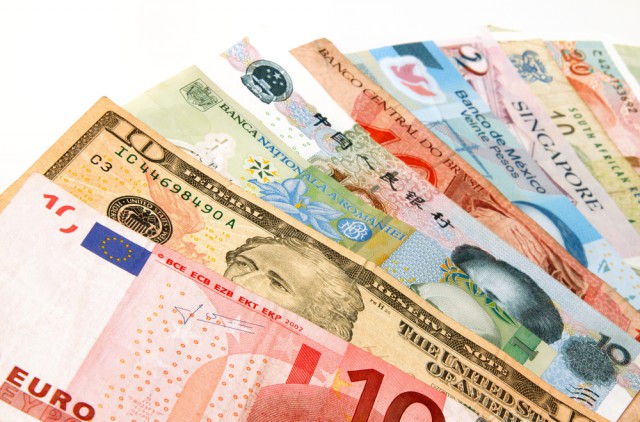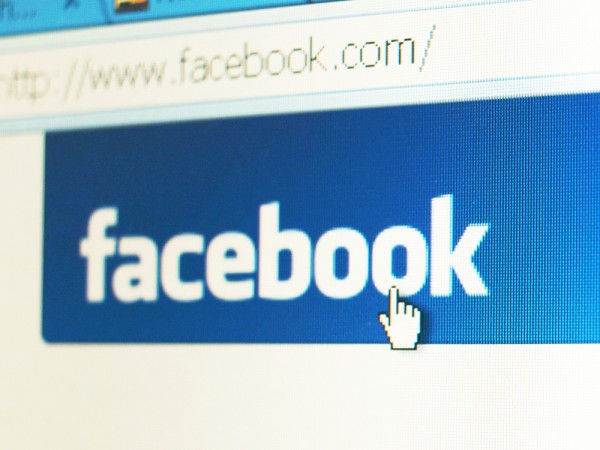
Spotify is filing for an unconventional IPO
Music streaming service Spotify is planning to go public. The company is making a "novel" move which it acknowledges is "risky": opting for a "direct listing" rather than the more usual fundraising route.
The company will allow its investors and employees to sell shares, and there will be no need to raise more capital or hire an underwriter. It is expected that Spotify will go public in late March or early April when it will appear on the New York Stock Exchange using the symbol SPOT.

Twitter files for IPO -- Will the stock fly like a bird or fail like a whale?
Following in the footsteps of Facebook, fellow social-media site Twitter has filed for an IPO. In other words, the company wants to sell stock in itself by going public. However, Twitter probably hopes not to follow Facebook's initial performance which was utterly abysmal and caused investors to lose money.
Predictably, the company made the announcement with a tweet, "we’ve confidentially submitted an S-1 to the SEC for a planned IPO. This Tweet does not constitute an offer of any securities for sale."

We need an IPO renaissance
Third in a series. As many readers have pointed out, the IPO drought of the last decade has many causes beyond just decimalization of stock trading. Sarbanes-Oxley has made it significantly more expensive to be a public company than it used to be. Consolidation in the banking and brokerage industries have resulted in fewer specialists and hardly any true investment bankers surviving. The lure of derivatives trading and other rocket science activities on Wall Street have made IPO underwriting look like a staid and prosaic profession, too. Fortunately, people in positions of influence are finally starting to realize that there is no economic future for this country without new public companies.
One requirement of the JOBS Act, passed last April, was that the SEC look at trading decimalization, and especially tick sizes, to see if there has been an effect on small-cap company liquidity. If the SEC decides there is such a negative effect there’s the possibility that they introduce a new minimum tick for smaller companies of perhaps a nickel (up from a penny) to as much as a dime. I believe this would help the IPO industry, but many people disagree.

Stock market decimalization kills IPOs and ruins the economy
Second in a series. Well it took me more than the one day I predicted to finish this column, which purports to explain that dull feeling so many of us have in our hearts these days when we consider the US economy. Our entrepreneurial zeal is to some extent zapped. For a decade it seemed we needed to jump from bubble to bubble in order just to drive economic growth -- growth that ultimately didn’t last. What happened? Initial Public Offerings (IPOs) went away, that’s what happened.
I wrote several columns on job creation over the last year, columns that explained in great detail how new businesses, young businesses, and small businesses create jobs and big businesses destroy them. Big business grows by economies of scale, economies of scale are gained by increasing efficiency, and increased efficiency in big business always -- always -- means creating more economic output with fewer people.

Facebook ends quarter in the negative, but made $6.8 billion in cash from IPO
Popular social network Facebook posted its second quarter financial results on Thursday afternoon, revealing a net loss of income for the site at the end of its first quarter as a publicly traded company, but also revealed the huge amount of cash earned from its initial public offering.
Facebook showed a net loss of $157 million, a significant decline against its total income last year, which was $240 million, but this came after a hugely improved revenue flow.
